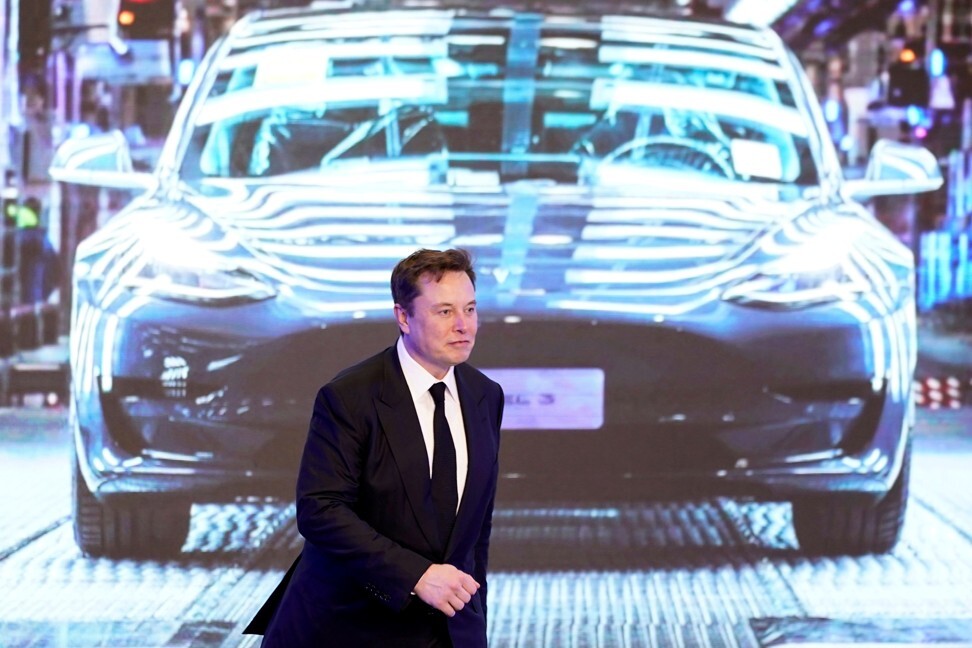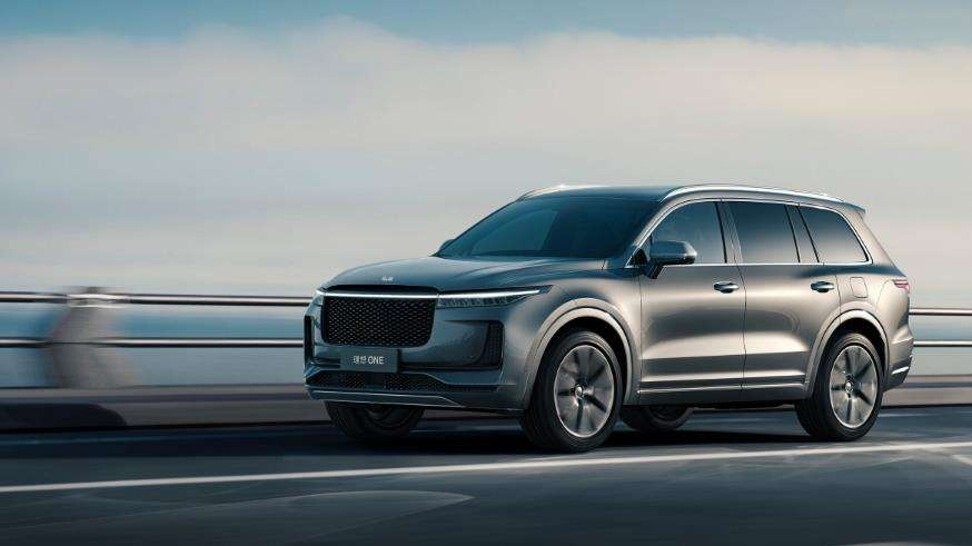
Exclusive | Chinese Tesla challenger Xpeng tops up on cash from Alibaba and Qatar ahead of New York Stock Exchange IPO
- Xpeng adds Alibaba and The Qatar Investment Authority to US$800 million in C+ round of funding, says source familiar with the matter
- Xpeng has filed confidentially for NYSE listing, source says
Alibaba Group and Qatar’s sovereign wealth fund are leading a last-minute financing of Chinese smart electric vehicle start-up, Xpeng Motors, ahead of its initial public offering in New York, according to a person familiar with the matter.
E-commerce giant Alibaba is adding to its existing investment in Xpeng, one of Tesla’s challengers in China, while The Qatar Investment Authority (QIA) is a first-time backer.

“Smart electric vehicles are an important part of the modern digital-first lifestyle. Through our investment in Xpeng, Alibaba aims to leverage our established expertise in digitalisation to support the advancement of the electric automaker industry,” said an Alibaba spokesperson. Alibaba owns the South China Morning Post.
Xpeng declined to comment on the fundraising. QIA did not respond immediately to requests for comment.
China’s largest, pure smart electric vehicle maker is New York-listed NIO, whose shares have more than tripled so far this year on the New York Stock Exchange. Elsewhere, Zhejiang-based carmaker Geely Automobile Holdings, which makes the Geometry A electric car, said it plans to list on Shanghai’s Nasdaq-style Star Market later this year.
Li Auto, founded by serial entrepreneur Xiang Li, is not directly comparable to pure electric vehicle maker Xpeng. Li Auto has commercialised what is known as extended-range technology for electric vehicles, which helps solve the problem of a lack of charging infrastructure across China and still developing battery technology. If the car’s battery runs down, then a combustion engine provides electrical power.
Xpeng is also a more mature business than Li Auto in that it already has two models in production while Li Auto has only the Li One. Li Auto plans to launch a second model, a full-size premium extended-range electric SUV, in 2022. Xpeng launched its second electric vehicle model, the P7 sports sedan, in April and started deliveries in July.

Li Auto and Xpeng have chosen to list in the US despite rising US-China tensions because New York still has a far deeper pool of liquidity for start-ups to tap than Greater China, said people familiar with the companies’ thinking.
Legislation passed by the Senate would kick Chinese companies off US stock exchanges unless their audits are open to inspection by American regulators.
China’s government also boosted investors’ confidence by affirming its support for electric vehicle makers during the coronavirus crisis by extending subsidies for some models until 2022. By 2025, Beijing wants home-grown carmakers to command 80 per cent of the country’s electric vehicle market, according to its “Made in China 2025” industrial master plan.
However, significant roadblocks still lie ahead for these start-ups, including embryonic charging infrastructure and the relatively high cost of making an electric car versus one with an internal combustion engine.
The start-ups are targeting tech-savvy 30-somethings who are buying into the idea of smart electric vehicles, cars with souped-up features such as tools for automated parking at the click of a smart key, roof cameras for selfies and voice-automated assistants.
Xpeng sells to the middle and high-end of the smart electric vehicle market in China and prides itself on building its software in-house, end-to-end. It uses the Nvidia high-performance chip Xavier and its P7 model is capable of Level 3 autonomous driving on highways, which the company plans to implement later this year or early next year after finalising testing.
Smart electric car companies are increasingly cutting out dealerships and selling directly to the consumer, maintaining that relationship with upgrades over the air every one and a half months and responding to customer feedback. Xpeng can update its operating system over the air quickly without having to wait for suppliers to be compatible.
Xpeng announced US$400 million of fresh capital in November when investors valued it at nearly US$4 billion.

